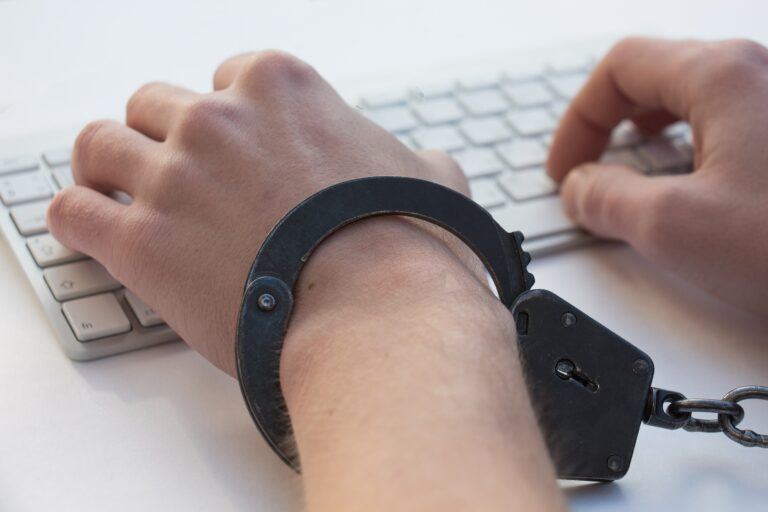A Scottish hospital has started offering residential treatment to ‘Crypto Addicts’ – people that are addicted to the buying, selling and trading of cryptocurrencies.
Castle Craig Hospital in Peeblesshire on the Scottish Borders, established the treatment unit to offer rehabilitation and help treat the underlying issues associated with crypto addiction, with the hope that those affected can learn to live without the digital currencies.
Experts suggest that the obsessive reviewing of price fluctuations, especially for the cryptocurrency market, can have a detrimental effect on an investor’s mental health and easily lead to addictive behaviours.
The hospital already has dedicated clinics and support groups for individuals suffering from alcohol and gambling addictions and now cryptocurrency addiction is being treated using the same methods.
Currently around 13 million people worldwide trade in some form of cryptocurrency – yet the severity of ‘cryptocurrency addiction’ is yet to be fully or empirically measured.
According to Chris Burn, a gambling therapist working at Castle Craig Hospital, cryptocurrency investment is in his experience reminiscent of gambling:
“The high risk, fluctuating cryptocurrency market appeals to the problem gambler. It provides excitement and an escape from reality. Bitcoin, for example, has been heavily traded and huge gains and losses were made. It's a classic bubble situation.”
Cryptocurrency addiction, much like other forms of addiction, would seem to stem from a desire to escape from daily life. Introducing structure outside of their addiction and establishing a network of support are some of the methods that professional view as highly effective in combating addiction.
“I see cryptocurrency trading as a way for people to escape from themselves, into another world, because they don't like the world they're in. The first stage of treatment is to join other addicts in group therapy and share their life stories. This helps them identify with each other and realise that they're not alone.”








